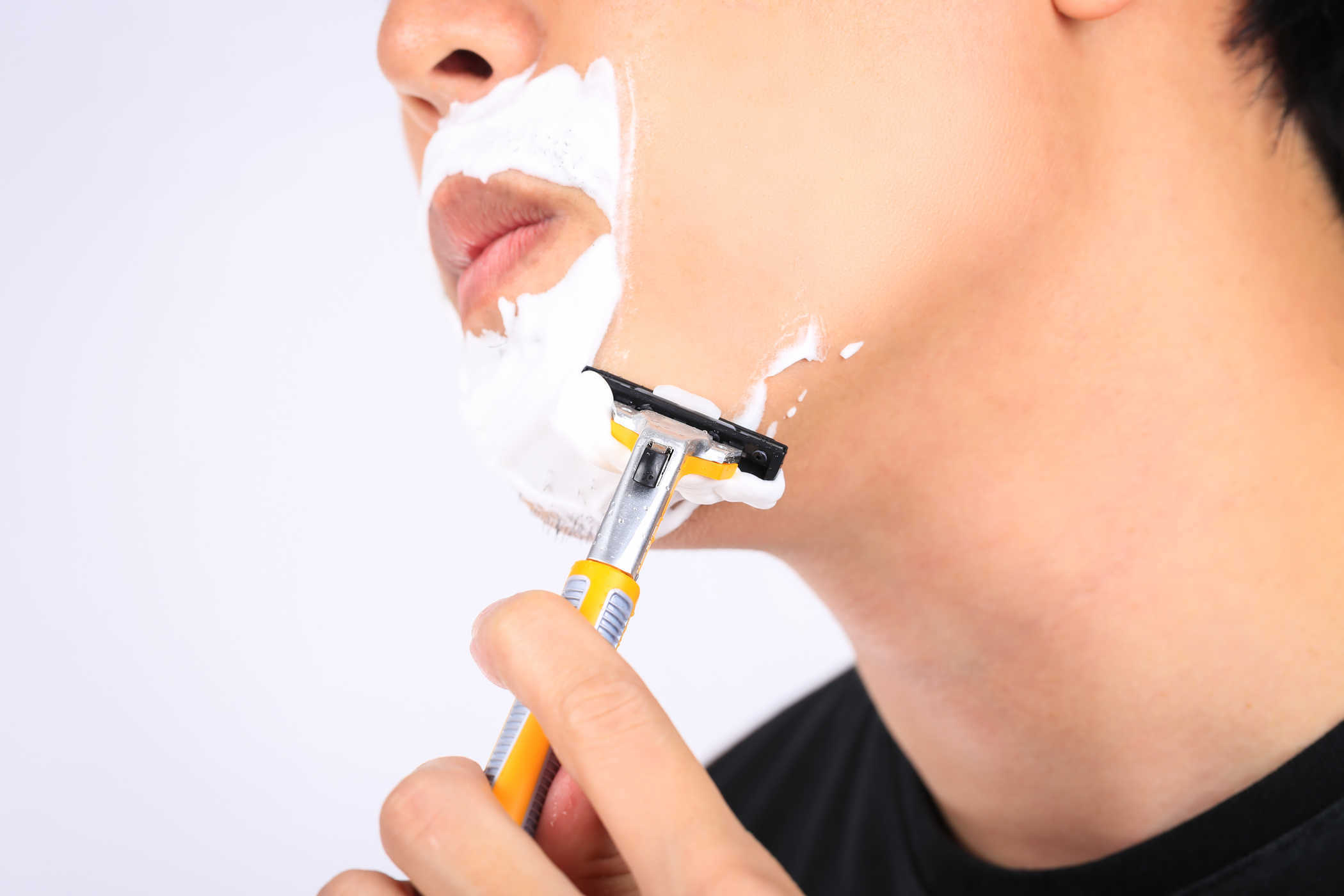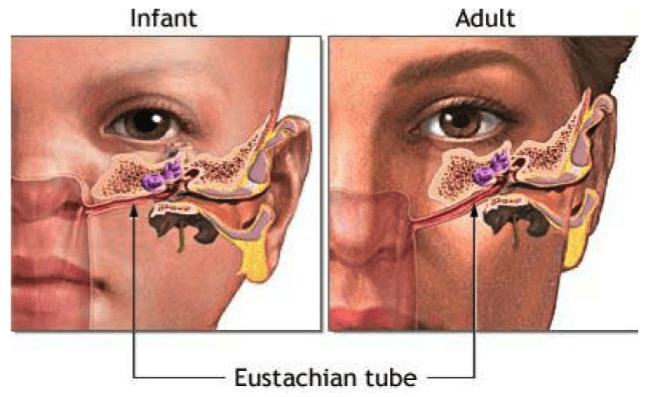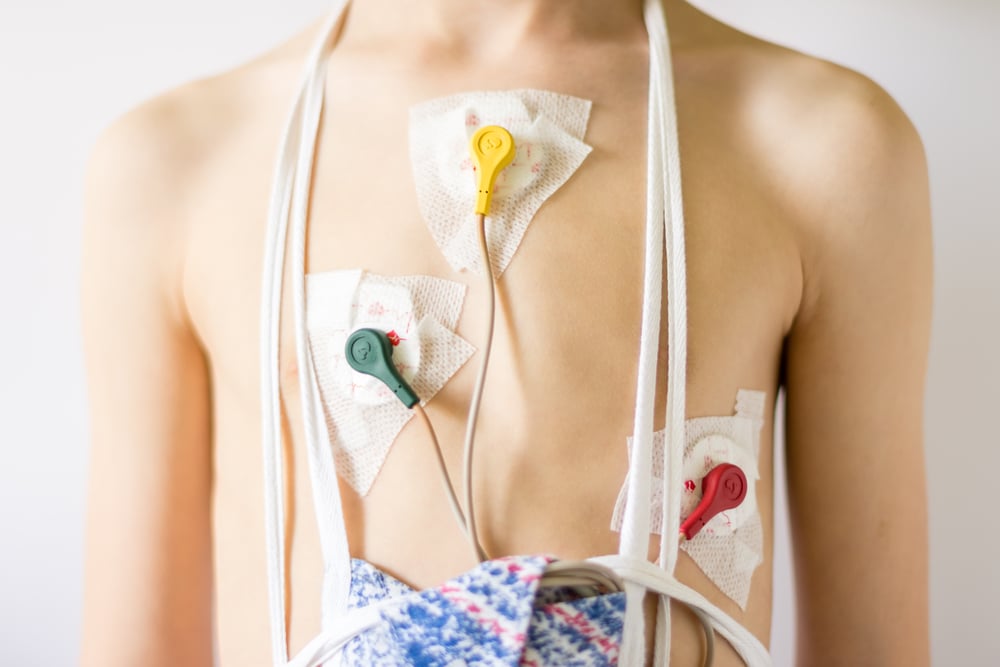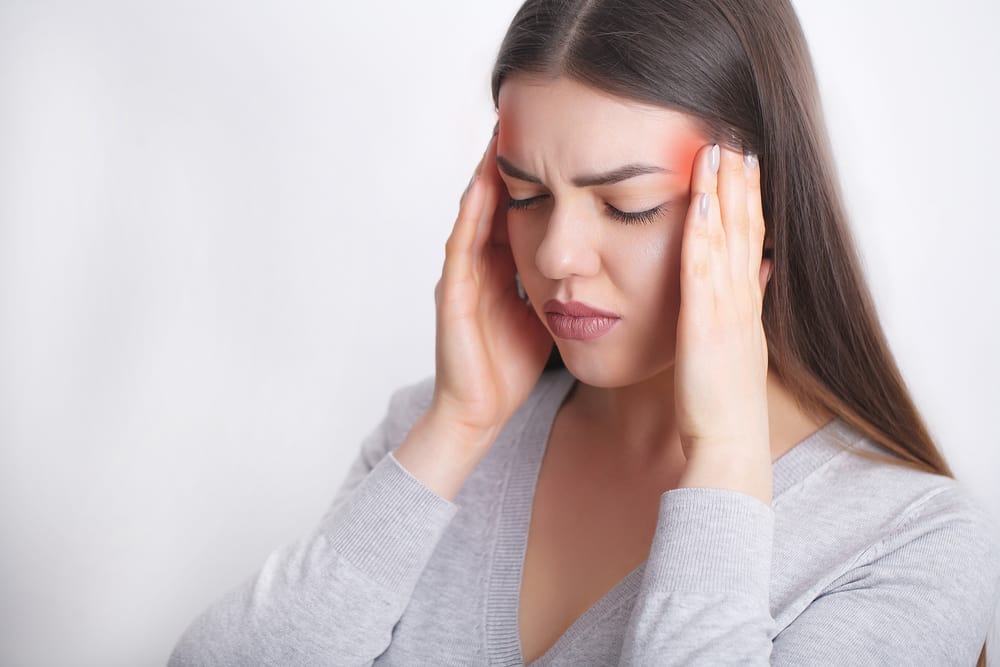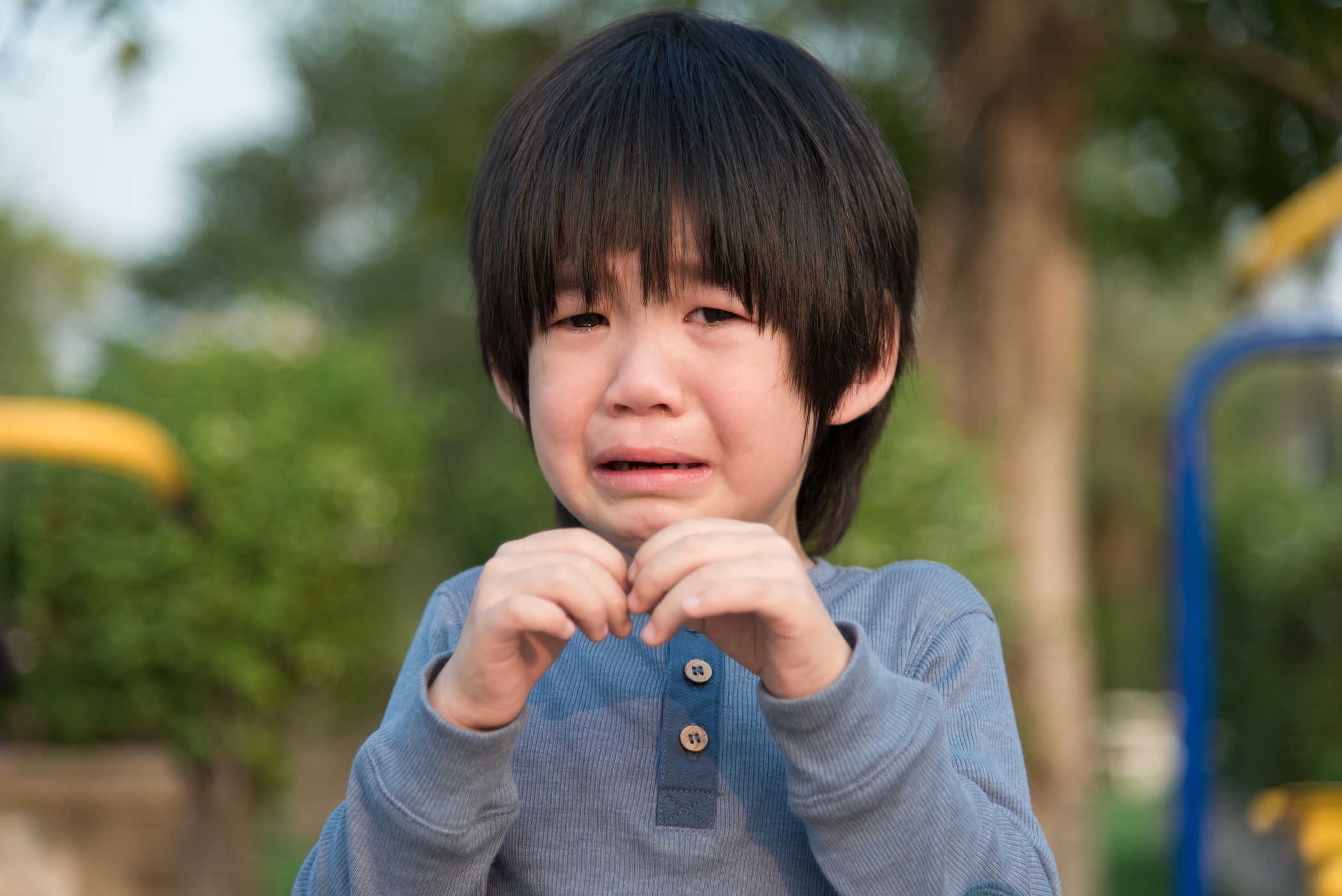Contents:
Medical Video: 5 Things Humans Got Really Wrong About Our Bodies
The human body can work millions of things at a time, which you may not even realize, such as digesting breakfast while you work, growing a new layer of skin, and carrying oxygen to the body cells from head to toe.
The way the human body works is a mystery, and our desire to uncover the veil of the secrets of nature has led us to a number of misunderstandings. Much of the information we trust - and spread - about the human body is obtained from school teachers even by doctors themselves, so it is widely accepted as truth.
The following are 6 myths about the human body that are not entirely true.
1. Fine hair will grow increasingly thick when often shaved
Not true.
Shaving, or removing fine hair with any method, will not change the thickness, color, or rate of hair growth. Shaving feathers is just trimming the hair on the surface of the skin and does not have any effect on the roots of the hair under the skin, where hair growth and pigmentation occurs.
After shaving, the tip of the hair shaft will become dull and maybe you will feel a rough sensation for some time the hair grows back. Likewise with color changes that you might realize. New hairs have not been exposed to the sun or other chemicals, resulting in a darker appearance than other hairs.
2. Rain or rain or eating ice cream can make flu
We have heard this myth since we were young, and still survive today. What not many people know, actually has nothing to do with colds and flu, with cold temperatures, whether it's lingering under the rain, spending two liters of ice cream at a time, or working under office air conditioning for eight hours every day.
Cold air will not cause flu and colds. Flu is caused by a virus, rhinovirus. Technically, a virus is only a carcass of an organism wrapped by a layer of protein that aims to infect cells of living organisms. Therefore, changes in temperature (cold to hot, or hot to cold) will not have any effect on the virus.
Flu viruses are everywhere and difficult to avoid. The flu will spread when the virus changes hands from one person to (many) other people, and you must be exposed to exposure from other people. During the rainy season, people will tend to stay indoors. Therefore, you will be more susceptible to flu, because: 1) You are close to others, and 2) You and other people are in one closed room at a time. If one person is sick in the room, there is a great chance for the virus to spread.
In addition, cold air also triggers changes in the immune system. Molecules that function to detect viruses in cells and give orders to cells to fight viruses become less sensitive during cold temperatures.
Many studies have investigated the relationship between cold weather and flu and colds. They found that the human body can still contract rhinovirus at the same level, whether in cold or hot weather.
3. Reading in the dark room will damage the eyes
This assumption begins with an increase in the incidence of nearsightedness in the academics and thinkers. In the past, environmental conditions when reading involved far less lighting, only relying on candlelight or lanterns, so the case of nearsightedness has increased over the past few centuries. However, this claim is not supported by sufficient medical research.
Reporting from Life Hacker, Rachel C Vreeman, child health researcher and professor of pediatric medicine, Aaron E. Carrol, states that reading in low-light places makes the eyes tired quickly, but will not cause serious and permanent damage.
The same thing was expressed by Richard Gans, MD. FACS, ophthalmologist at Cleveland Clinic Cole Eye Institute, quoted from WebMD. Visual work is challenging, like reading in dim lighting, according to Gans, can make your eyes dry because you will less often blink. Like your body muscles in general, the eyes will get tired when working hard to get as much light as possible while focusing on small lines of text in the dark room.
Dry eyes are not comfortable, but will not change the function and / or basic structure of your eyes. The same principle also applies to the myth "watching TV too close will damage the eyes". Tired and dry eyes are a common condition that is easy to overcome.
4. Drink 8 glasses of water every day
There is no strong scientific evidence that can support this claim.
This assumption departs from the recommendation of the US Food and Nutrition Board in 1945 that we must consume 2.5 liters of fluid every day. But, there is one supporting sentence that is forgotten from this public ad: you can get daily fluid intake from many food sources.
Water is mostly contained in fruits and vegetables. Water is in juice, tea, even coffee and beer. That is, water is not the only source of fluid that you can consume. Reporting from The New York Times, You do not have to get liquid intake from water alone. You also don't have to worry that you will be very thirsty if you don't drink water.
The human body works in such a way as to tell you to drink before you are completely dehydrated.
5. Hair and nails will continue to grow after death
Not true.
Like other human organs, for hair and nails to grow well, they need three important things: nutrition, oxygen, and blood. These three things certainly aren't owned by corpses, right?
In fact, the body will begin to dry up and shrink due to the absence of the three important components above to make it grow. The skin will be pulled from the base of the nail and skull so that the hair and nails of the corpse appear to increase in length.
6. Healthy teeth look brilliant white
Every toothpaste product on the market promises two things: fresh breath and shiny, clean white teeth.
In fact, the line of shiny white teeth is far from the natural color of the teeth. Not many people know that the true color of human teeth is actually yellow. Coffee, spices, and cigarettes can indeed make it darker and more dull, as well as rarely brushing your teeth or using drugs.
Teeth whitening can damage teeth. Likewise with coarse toothbrushes. Both will peel off the outer layer of the protective teeth. Bleach toothpaste, reported by the BBC, is also proven to not be able to whiten your teeth. The whitening agent contained in whitening toothpaste only works to brighten the color of the teeth, by helping prevent plaque formation and reduce tooth stains.
READ ALSO:
- Twitch right eye, what does it mean?
- Can the menstrual cycle be contagious?
- Does ketombean mean that you rarely shampoo?

